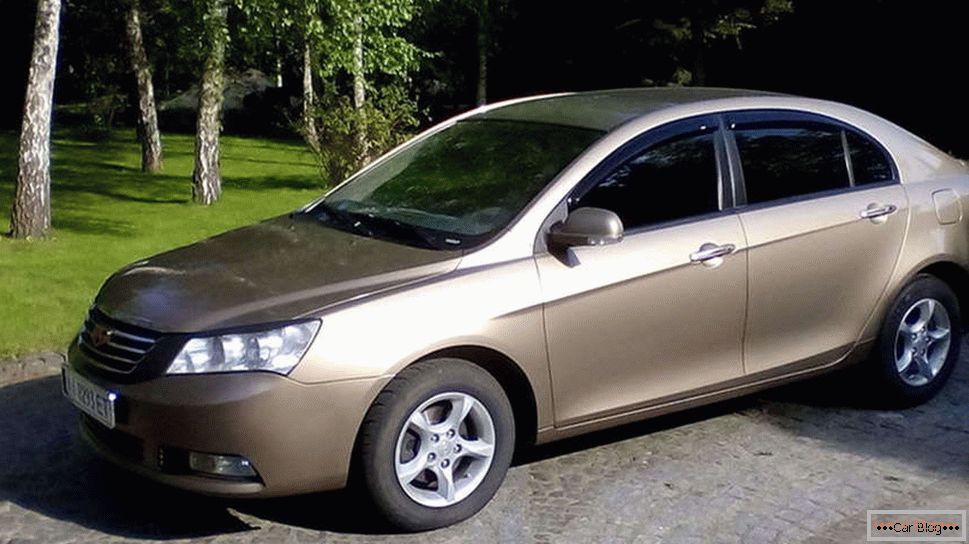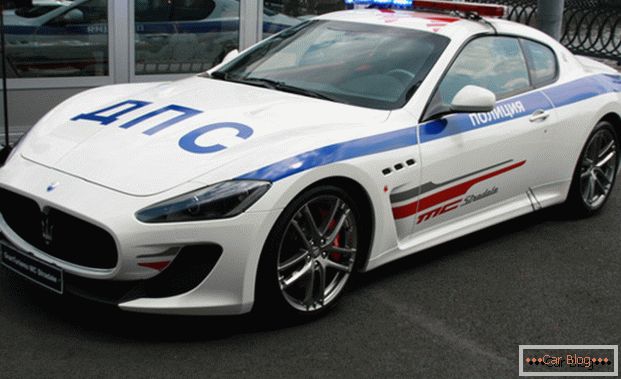Young motorists look at the instrument panel only when they are interested in the level of fuel or the speedometer readings. However, it is necessary to pay attention to the indicator indicating the temperature of the engine. Since overheating of the engine can lead to sad consequences.
Let's try to find out the causes and signs of this event, because the situation can happen with almost every driver and at the most inopportune moment.
Content
- 1 How to learn about motor overheating
- 2 What to do when overheating
- 3 Causes of overheating
- 4 What to do with regular overheating
How to learn about motor overheating
Overheating of the power plant can be felt by the detonation sounds. They are heard after a sharp pressing the "gas" pedal, accelerating. This indicates the incorrect combustion process.
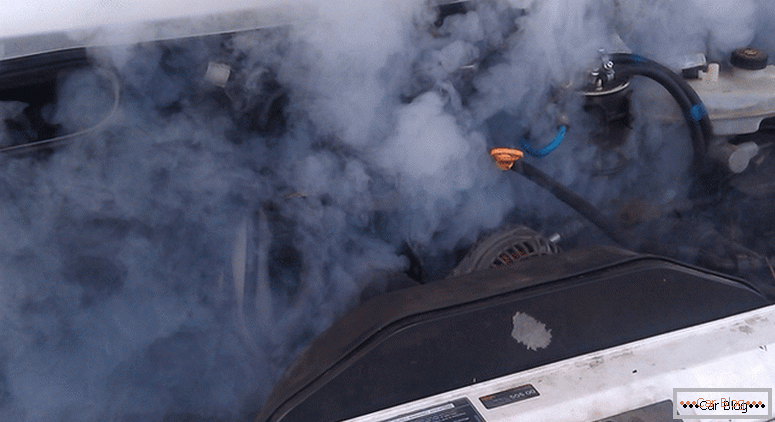
Motor overheating
Operating temperature is considered at 85-95WITH.
It is also allowed short-term excess of it to 100-105WITH. But it is undesirable to allow this for more than a few minutes. Otherwise, the engine may simply fail.
What to do when overheating
If there are no signs of overheating after a few minutes, the engine does not disappear; Try not to turn off the engine for 5-10 minutes. Otherwise, complete repair is guaranteed blocks. If there is no improvement, then you have to silence.
Never pour cold water on the cylinder block. This can lead to its thermal deformation, sometimes irreversible.
After 15-20 minutes, you can try to open the cover (valve) of the radiator. This is done with a dry cloth. Having seized this valve, it is necessary to strongly press it down and turn it. You must first lift the far side away from you so as not to scald the steam. "Strain" steam, you can fully open the radiator.
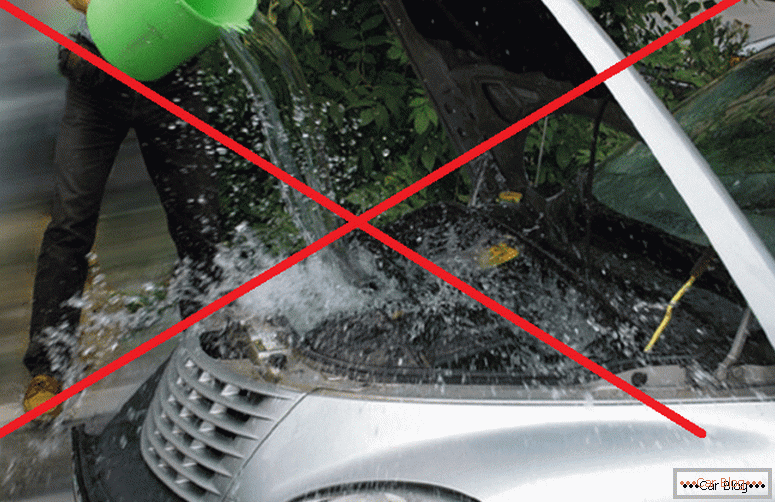
It is forbidden to pour cold water
Causes of overheating
There are several common reasons for “boiling” coolant.
- Small amount of coolant. In the case when there is an insufficient level of cooler in the system, this volume does not cope with the task of heat removal. The motor continues to heat, and the heat does not have time to leave. Overheating occurs. Check the level of the coolant regularly and top up if necessary.
- The state of the grille. It must be non-clogged and provide heat removal.
- Unregulated ignition angle may also cause fever. With a drop in power, the driver depresses the accelerator pedal more strongly, but more gas is being spent. The result is an increase in the combustion temperature, and, therefore, an increase in the temperature mode of the motor.
- Fuel mismatch may also influence this factor. Gasoline with a large, not designed for the engine, the octane number is burned at elevated temperatures, so boiling occurs.
- At water use instead of special alcohol-containing liquids, the driver risks, after a short time, using salts from it all channels of the cylinder block and radiator. Formed scale reduces heat conduction and also impairs circulation.
- Development of the piston group. Compression reduction так же, как и неотрегулированный ignition angle оставляет после себя те же последствия перегрева.
- Radiator fan sensor does not always cope with their duties. It should start the fan at the beginning of overheating, but sometimes oxidized contacts can interfere with such a procedure.
- Interfere with the quality of cooling can air plugs. They are often formed when fluid is added to the system. To avoid this, it is advisable to install the car as horizontally as possible before pouring it.
- Broken thermostat does not allow liquid to run in a large circle to include a radiator in the cooling. Signs of such a breakdown can be detected through the cold pipes of the entrance to the radiator, but the temperature of the motor will be prohibitively high. “Treated” is the replacement of a non-working part.
- Centrifugal pump (pump), providing a forced flow of fluid through the system, also delivers trouble to drivers. Its blades wear out, slowly pumping fluid. The problem is also diagnosed as the temperature difference between the cylinder block and the radiator. But in this case, a small circulation will be noticeable. That is why the engine overheats.
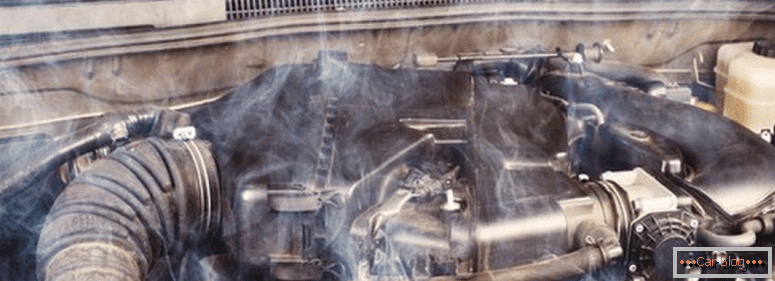
Boiling coolant
What to do with regular overheating
If the identified reason, in your opinion, is eliminated, and as a result of overheating continues, then you must contact the station. That's all, now you know how to determine the engine overheating and eliminate the cause. Do not boil, all good luck on the roads.
See also: How to check the serviceability of the catalyst

